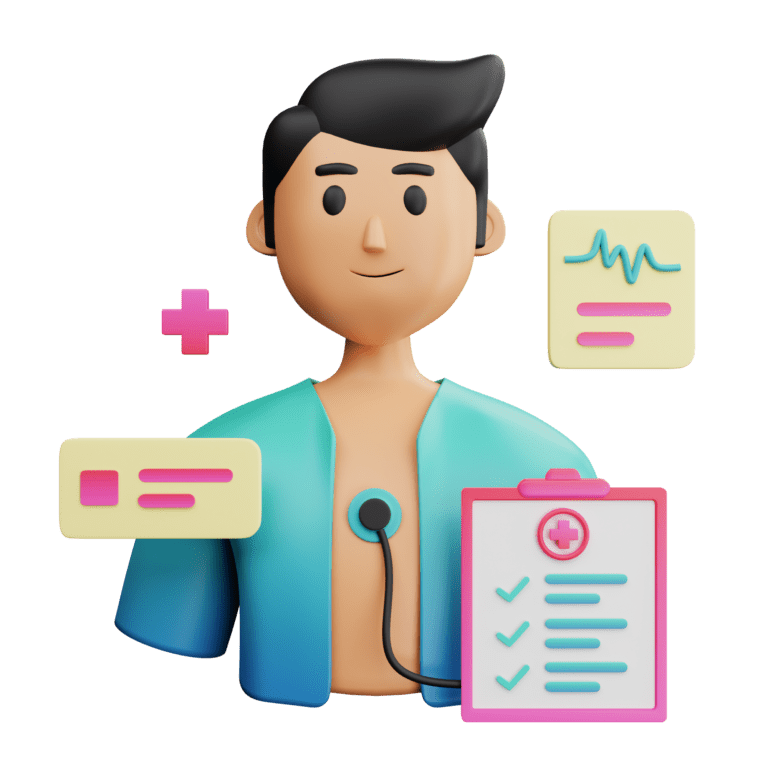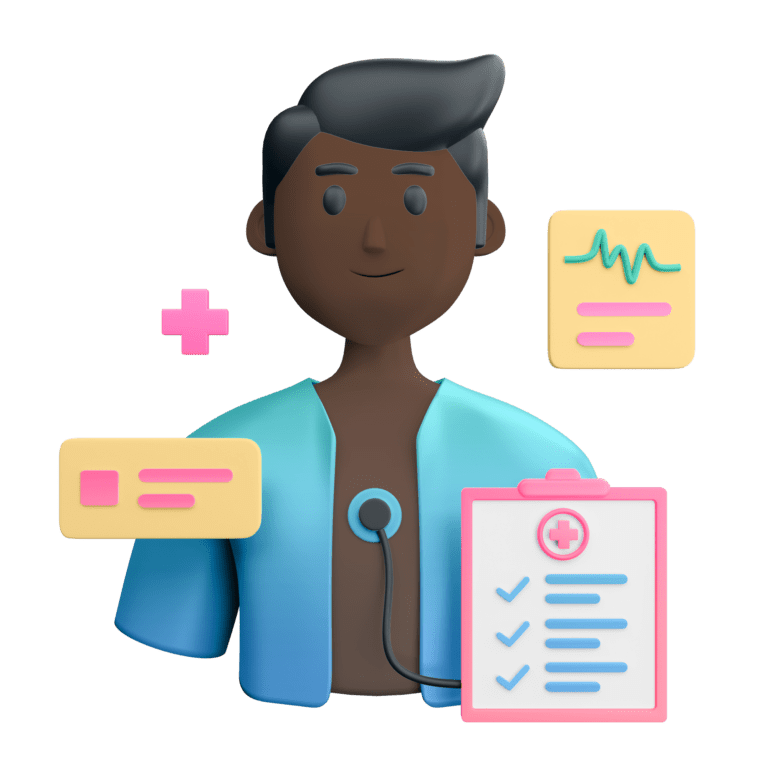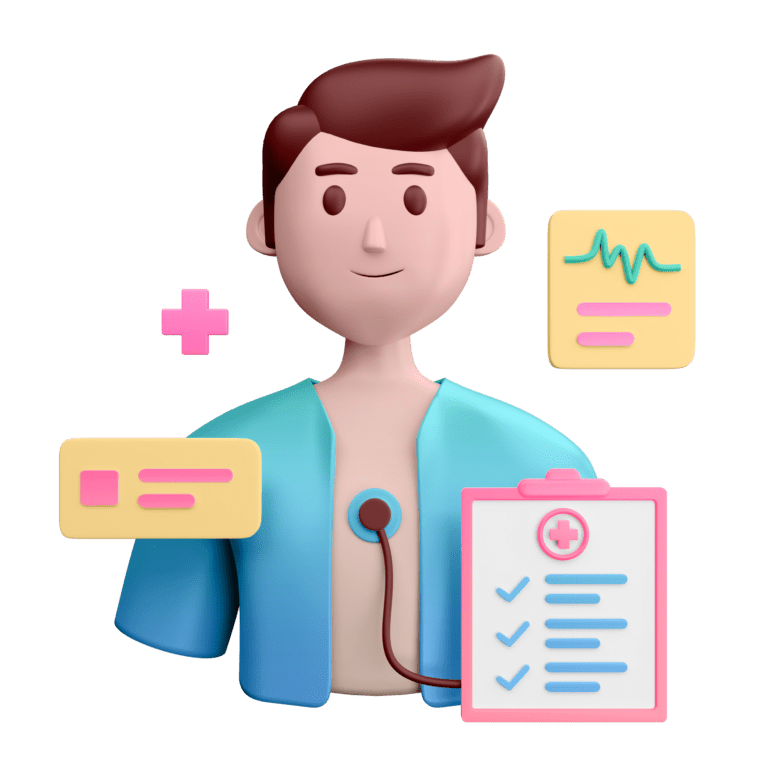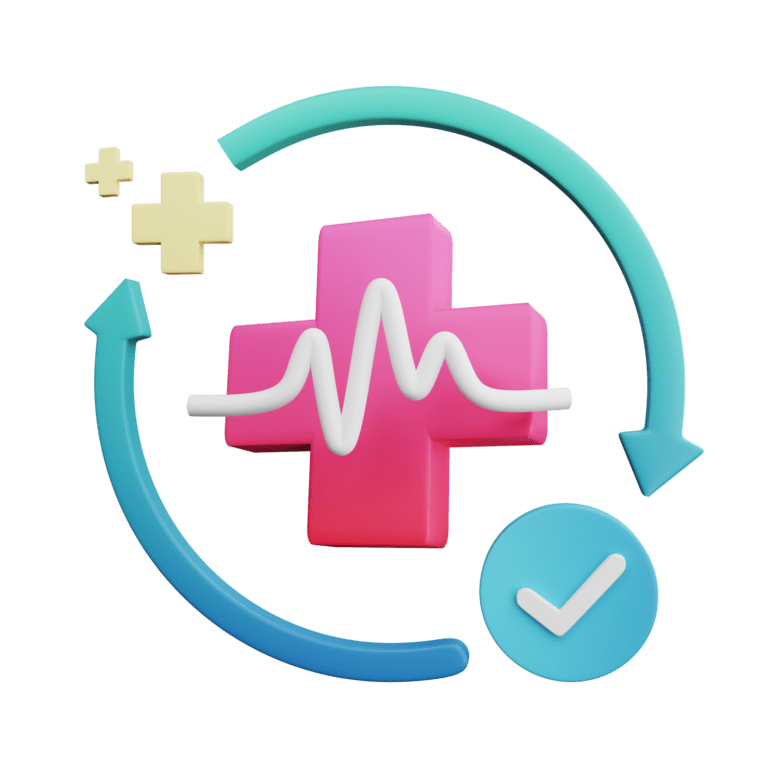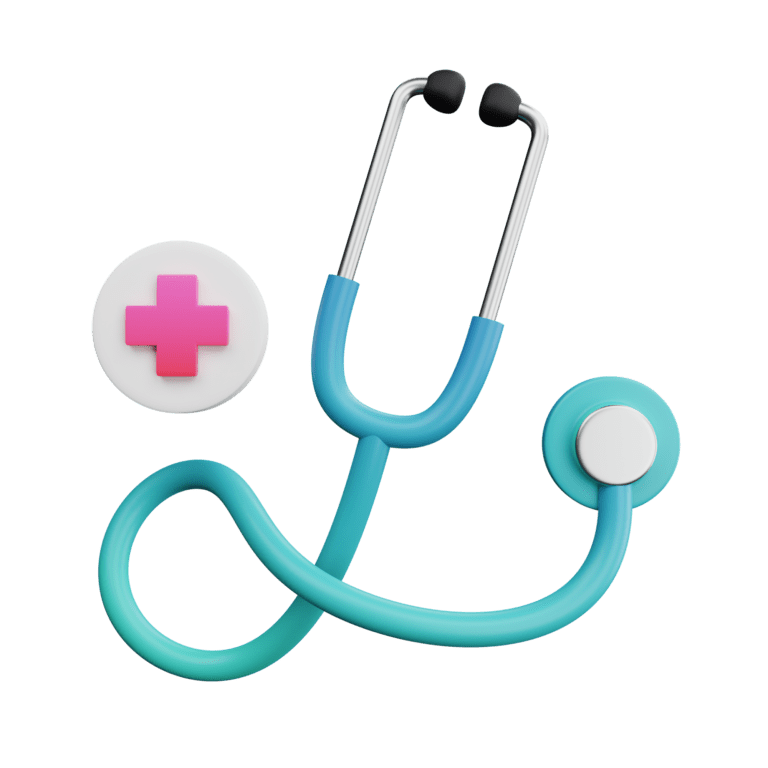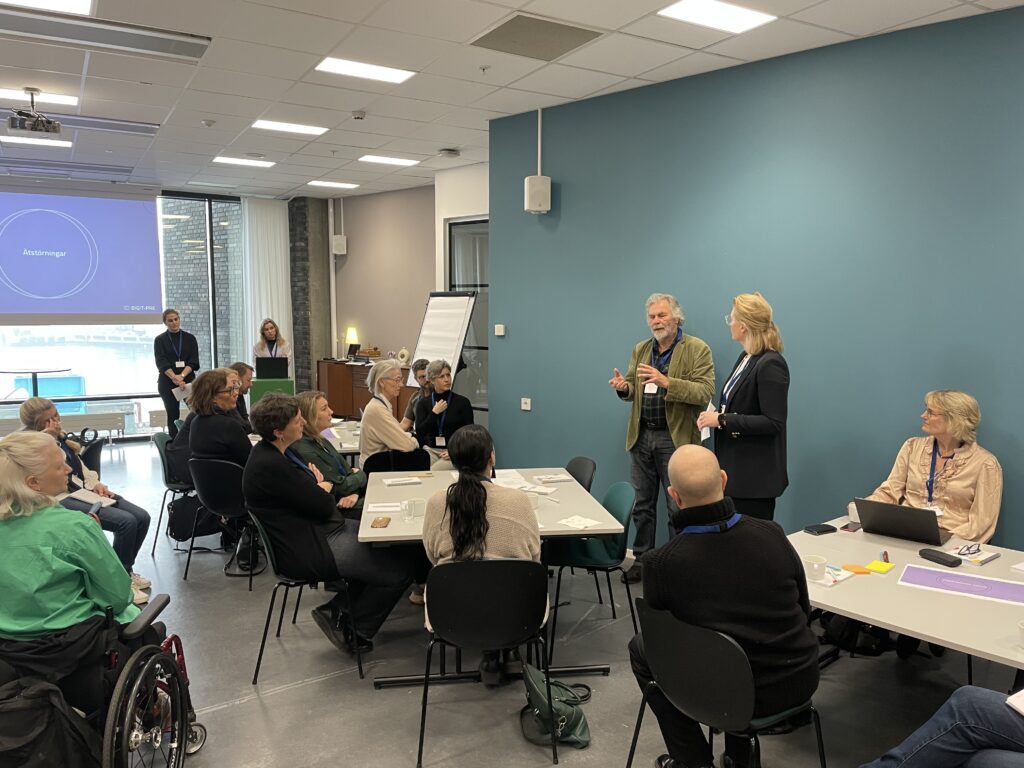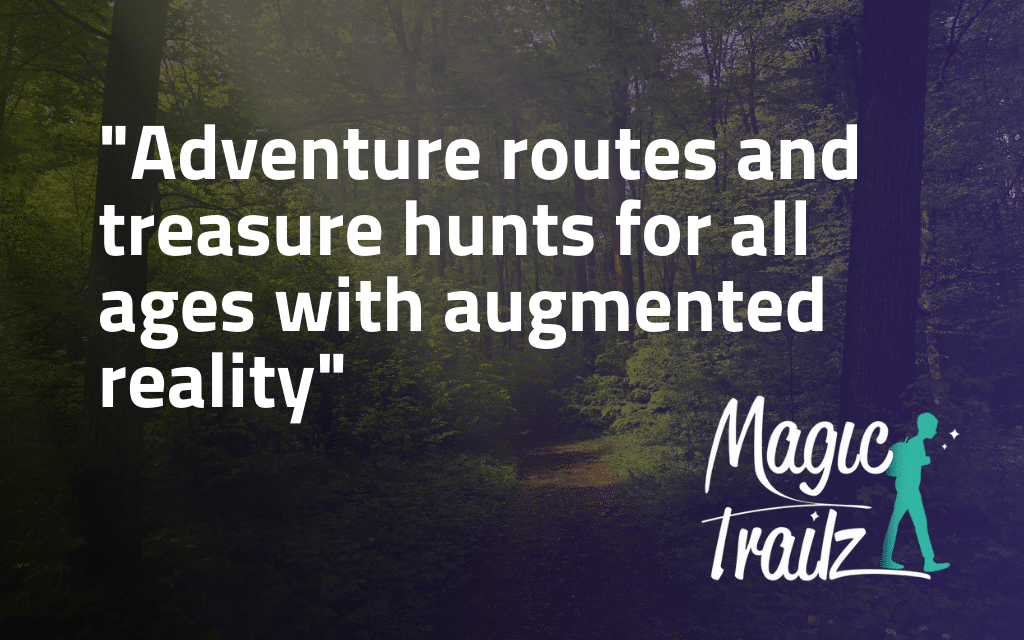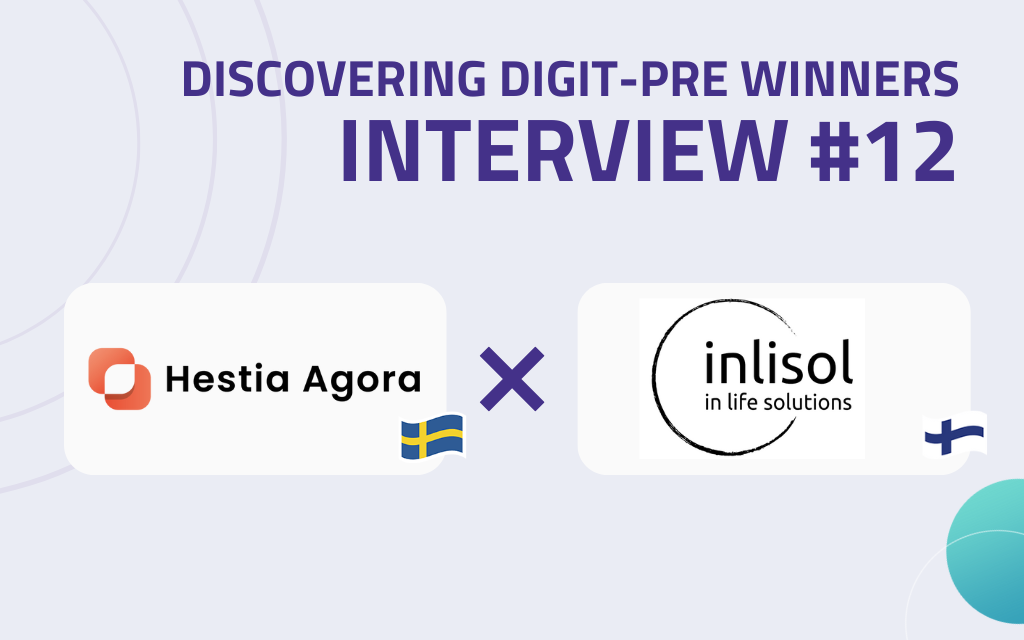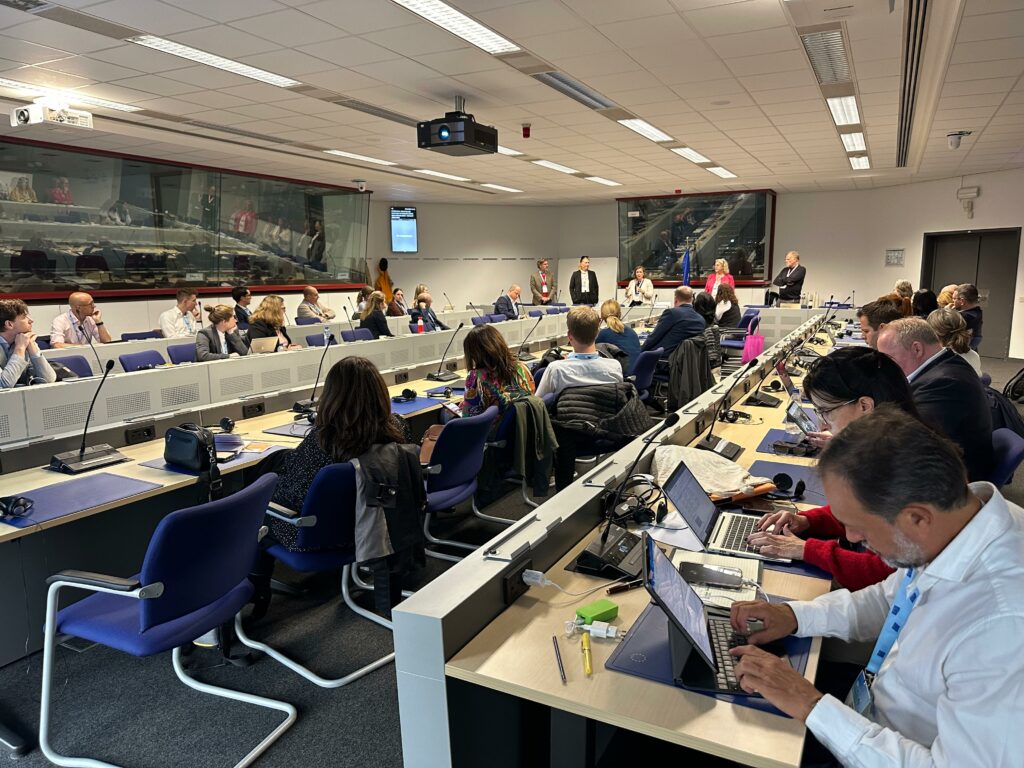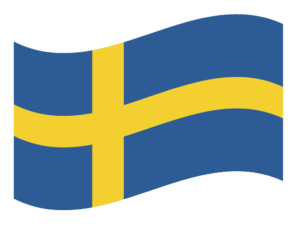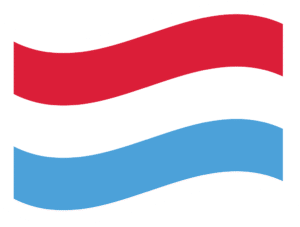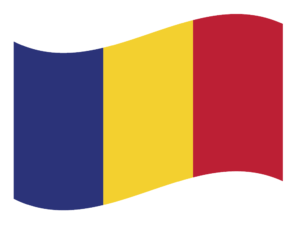In early 2023, Open Innovation Space meetings were organised by nine partners representing ten regional ecosystems, with endorsement from the relevant S3 authorities. These regions are Skåne and Västerbotten in Sweden, Southwest Finland, South Netherlands and West Netherlands, Nord-Vest in Romania, Hauts-de-France and Nouvelle-Aquitaine in France, Central Hungary as well as Norte in Portugal.
The Open Innovation Space (OIS) concept in the DIGIT-PRE project serves as a collaborative platform where local stakeholders gather to discuss, offer their expertise and openly share ideas. The OIS meetings were held to identify regional needs and health challenges that could be, within DIGIT-PRE, effectively addressed with technical solutions with a meaningful impact. Open Innovation is in the very core of the DIGIT-PRE project which of course highlighted the importance of the events.
The workshops used various techniques and methodologies to facilitate discussions and problem-solving. For example, in Sweden, the OIS event hosted by Innovation Skane encouraged collaboration across different sectors, creating a “white space” where interactions between industries, clusters, and value chains occurred. This event brought together stakeholders from academia, the public and private sectors, clinicians, and patient associations, and it was less about formal relationships, and more about what happens when you meet across industries, clusters and value chains.
In Portugal, the OIS event organised by Health Cluster Portugal brought together 26 institutions representing hospitals, academic institutions, research, development, innovation organisations, and companies from the Norte region. The goal was to address the challenges posed by the post-COVID world.
In Central Hungary, Syreon conducted a workshop to assess the key drivers and barriers to innovation opportunities in the ecosystem and the key public health challenges that digital health solutions can address. Besides the specific public health challenges important innovation facilitators were highlighted, such as education, economics, and organisational structure, and barriers were identified, including a lack of knowledge and management skills, an entrepreneurial mindset, and an investor ecosystem. Similarly, in Romania, Freshblood organised an interactive online workshop to map the country’s health challenges. The participants included health specialists, doctors, council members, teachers, startup founders, and investors. The workshop provided a platform for stakeholders to express their ideas and concerns and propose solutions. The workshop’s unique structure enabled a thorough exploration of challenges, assessment of progress, and future planning.
The region of Nouvelle-Aquitane was host to two separate events, both of them attended by about 50 people. Thorough preliminary work with health experts and the regional council made it possible to attract a large number of participants. In Turku, Finland, the OIS event took place in the local startup community. It aimed to identify and discuss health challenges that may be obscure but have significant demand for solutions. Patient associations played a crucial role in leading discussions and providing their expertise. The successful event even led to the planning of future collaboration projects among participants.
These OIS events were very successful in achieving their objectives. By bringing together diverse stakeholders, they created a lively space for collaboration. The diverse perspectives and expertise brought by stakeholders from different sectors and backgrounds enriched the discussions. The collaborative nature of the meetings fostered a sense of ownership and collective responsibility among the participants. The success of the OIS workshops can be seen in the meaningful conversations, valuable connections made, and even the initiation of a future collaboration project among the participants. The events have proven the effectiveness of the OIS concept in fostering innovation, facilitating collaboration, and addressing complex health challenges through solution-oriented approaches.



